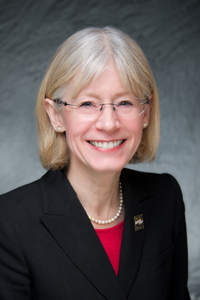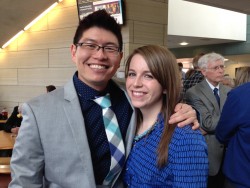Podcast: Play in new window | Download (Duration: 50:18 — 115.1MB)
Subscribe: Spotify | RSS | More
 Ian Drummond is a fourth-year student at Case Western. When it came time to consider what specialty to go into, Ian realized he didn’t have the knowledge needed to make an informed choice. So he did what anyone would do: started a podcast in which he will interview physicians from all 120 medical specialties listed on the AAMC’s Careers in Medicine site. Okay, not everyone would do that, but he did, and iatroblasts everywhere owe him a huge thank you. Because while it is a massive undertaking for him, it is also super helpful to you! Cole Cheney, Tarun Kadaru, Liza Mann, and Hillary O’Brien spoke with Ian to find out what he’s learning from his guests on The Undifferentiated Medical Student. We also discuss the challenges and benefits of podcasting for busy med students. Listeners, share your thoughts with us each week. Call us at 347-SHORTCT any time, and see our Facebook page for a question to consider every Monday.
Ian Drummond is a fourth-year student at Case Western. When it came time to consider what specialty to go into, Ian realized he didn’t have the knowledge needed to make an informed choice. So he did what anyone would do: started a podcast in which he will interview physicians from all 120 medical specialties listed on the AAMC’s Careers in Medicine site. Okay, not everyone would do that, but he did, and iatroblasts everywhere owe him a huge thank you. Because while it is a massive undertaking for him, it is also super helpful to you! Cole Cheney, Tarun Kadaru, Liza Mann, and Hillary O’Brien spoke with Ian to find out what he’s learning from his guests on The Undifferentiated Medical Student. We also discuss the challenges and benefits of podcasting for busy med students. Listeners, share your thoughts with us each week. Call us at 347-SHORTCT any time, and see our Facebook page for a question to consider every Monday.
Continue reading A Podcast for Iatroblasts: Ian Drummond’s “The Undifferentiated Medical Student”










